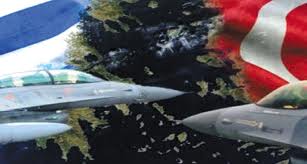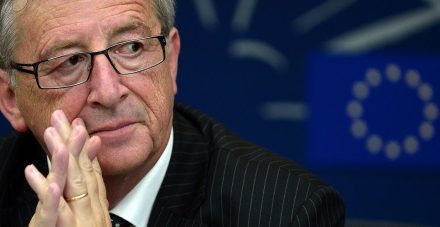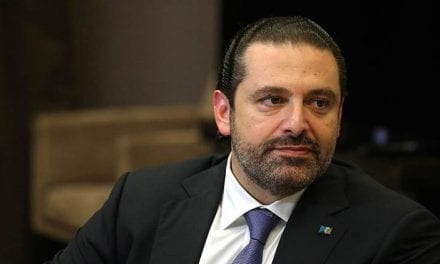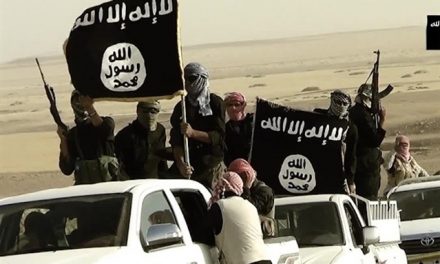Greek-Turkish relations are at their most tense in modern times.
By: Yavuz Baydar, The Arab Weekly
There is little doubt that the looming economic crisis pushed Turkish President Recep Tayyip Erdogan to declare snap elections. Before he did so, Erdogan’s political ally had already suggested an early election.
Devlet Bahceli, leader of the far-right Nationalist Movement Party, said Turkey should go to the polls on August 26. However, Erdogan set June 24 as the date, making it obvious that he wants to get it over with as soon as possible.
In so doing, he hopes to catch the opposition off-guard. It is a political ambush and a masterstroke.
Since August 2014, when he was elected president, Erdogan has been laying the groundwork to take full control of the government. Structural changes to that effect have been instituted. They appear irreversible given the opposition’s weakness and disarray and the steady muzzling of dissent.
For instance, last July, parliament’s internal rules were amended to reduce the time available for legislators to speak during debate on bills and other discussions. The high courts have been restructured, allowing Erdogan to tighten his grip on the judiciary. The purchase of the massive, semi-independent Dogan media empire by a sycophantic business family makes it harder to have free and fair journalism. A new internet law is meant to restrict the scope of social media. Turkey’s state of emergency has been extended yet again — the seventh time since it was first implemented after the failed July 2016 coup.
When the country votes in June, it will be under these conditions.
Erdogan, however, may feel that the conditions are ripe to deliver the final blow to the old way of doing things and to institutionalise authoritarian rule instead.
Here’s the rub. To assume absolute power and become super-president, Erdogan must make sure he wins the elections by as large a margin as possible. Following in the footsteps of his role model, Russian President Vladimir Putin, Erdogan has presented himself as a neo-irredentist leader. Three years ago, he turned down a peace deal with the Kurdish Workers’ Party and its political wing, the Peoples’ Democratic Party, and pursued the course from which he has not wavered.
Now he is on the home stretch, having realised that nationalist rhetoric is not only a vote-winner but also an approach that squeezes nationalist opposition parties such as the Republican Peoples’ Party (CHP) and the newly established Iyi Parti.
Erdogan has already notched up two apparent wins: the invasion of Syria’s Afrin enclave and a narrative that celebrates the defeat of hostile Kurds.
He needs more. This explains why Greece has been a political punching bag for some time. Tensions are escalating over some tiny islets in the Aegean. There have been dogfights in the air and on the seas. It may take just one false move to bring the two countries to actual war.
Athens is concerned, not least because the tensions may affect tourism, which is expected to reach 30 million visitors this year.
Erdogan, however, has co-opted the nationalist argument so cleverly that the opposition CHP and Iyi parties appear to be in agreement with him over alleged “Greek hostilities” in the Aegean, as well as Cyprus’s off-shore drilling.
The CHP accused Erdogan of behaving “weakly” towards Greece. Iyi leader Meral Aksener has been talking tough and has been photographed with former army officers who are known as heroes of action against Greece in the 1990s.
Given the political consensus on an aggressive nationalism, Greek-Turkish relations are at their most tense in modern times. The tensions could not have come at a worse time for both countries. Turkey is faced with a deteriorating economy and Greece is struggling to recover from its financial troubles. Troubles with refugee settlement and resettlement continue. For the next two months, NATO partners will need to pay close attention to prevent the conflict from escalating into a war.
Rumour has it that both the United States and France are in contact with Athens and are prepared to send warships to drop anchor around the islets off the Turkish coast. The ships would stay for as long as deemed necessary. It might have a positive effect on maintaining peace.



















